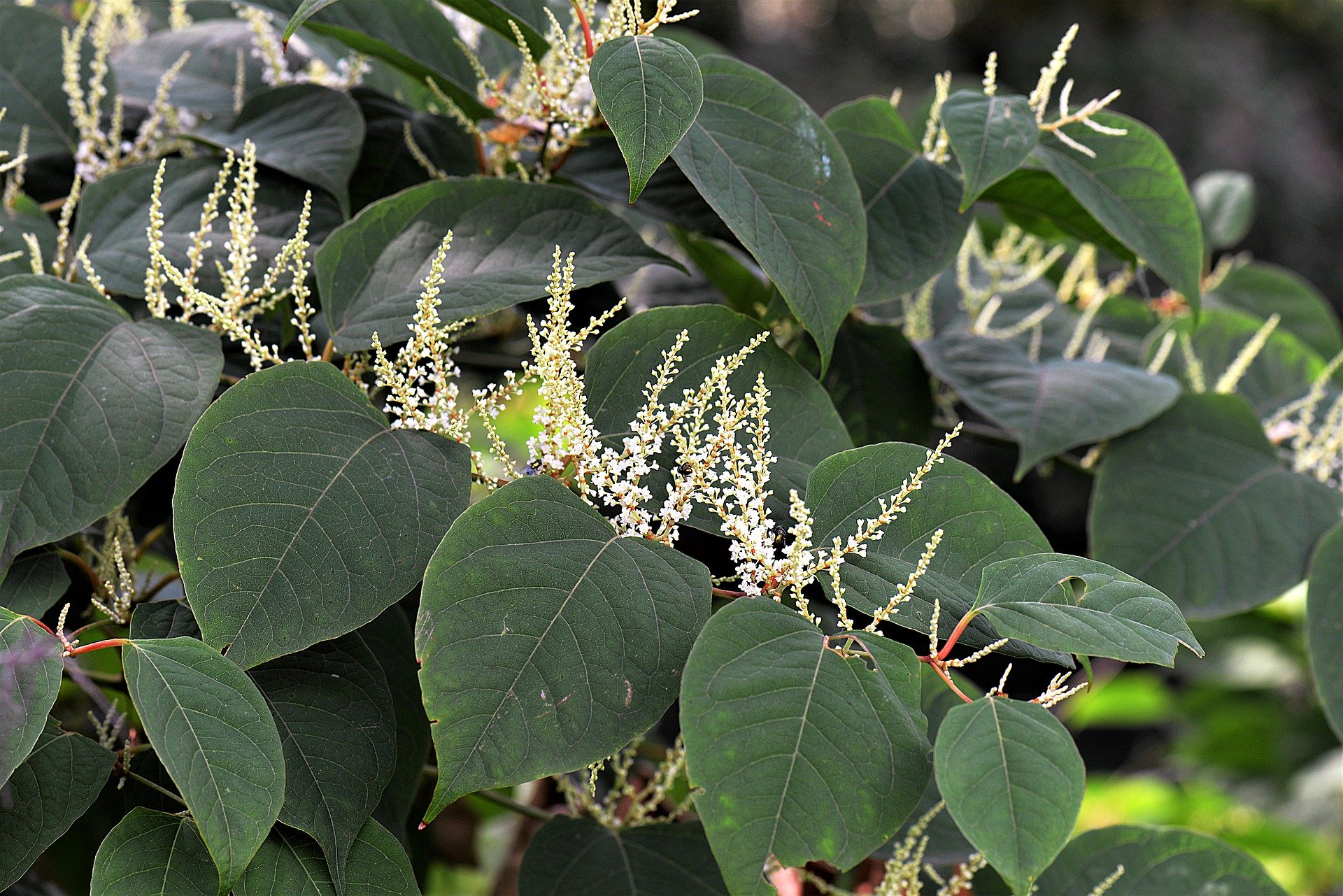
CAVENDISH, Vt. – When Japanese knotweed is mentioned, people often cringe, and tell tales of how it’s taken over parts of their yard and is impossible to kill. However, it’s long been part of traditional medicine in Asia for centuries, as a treatment for such ailments as inflammation, infections, skin burns, and, most recently, Lyme disease.
While knotweed was brought to the Americas in the 1800s as an ornamental plant, other plants that had medicinal properties were brought to the Americas by the colonists. In addition, the “seed trade” was big business, with middle- and upper-class landowners buying plants from around the world to study in their back yards.
On Saturday, Oct. 26, the Cavendish Historical Society (CHS) will host their third workshop on plants, this time focusing on the invasives. This talk will feature garlic mustard, plantain, barberry, eucalyptus, ragweed, and other plants that were introduced or traveled with settlers. We’ll be exploring plants that can do damage to existing ecosystems, yet also offer medicine.
The workshop will take place at the Cavendish Town Library, 573 Main Street, Proctorsville, starting at 2 p.m. Dr. Charis Boke, a member of the Dartmouth College faculty in anthropology, will once again be speaking. Boke is currently writing “Poison, Power, and Possibility: Building Relations with Medicinal Plants,” which will explore the poetics, politics, and practices of contemporary herbalists in North America, leaning on ethnographic research, botanical histories, and lived experience to examine what it takes to remedy what ails us. Boke was involved in helping with the Benjamin Rush Medicinal Garden at the Mutter Museum in Philadelphia.
For more information, please call 802-226-7807, or email margocaulfield@icloud.com.